Picture an artist looking to buy a sketchbook. It might seem alluring at first to choose a cheap $10 notebook from a local dollar store rather than buying a high-quality $30 book from a good paper company. But the $20 that they thought they saved takes a toll as they notice the ink bleeding through low-quality pages or paper tearing too easily. This is just an example of how cheaply-priced products may sometimes cost a lot in the long run.
Ultimately, this is something that makes rich people richer and traps the poor in the vicious circle of poverty. This idea is sometimes referred to as “Captain Samuel Vimes 'Boots' Theory of Socioeconomic Unfairness.” In January 2022, a post was shared on the X account of Terry Pratchett (@terryandrob), the late English author and creator of fictional character Samuel Vimes. A story excerpt from his book was shared, where this empirical “Boots Theory" was illustrated.
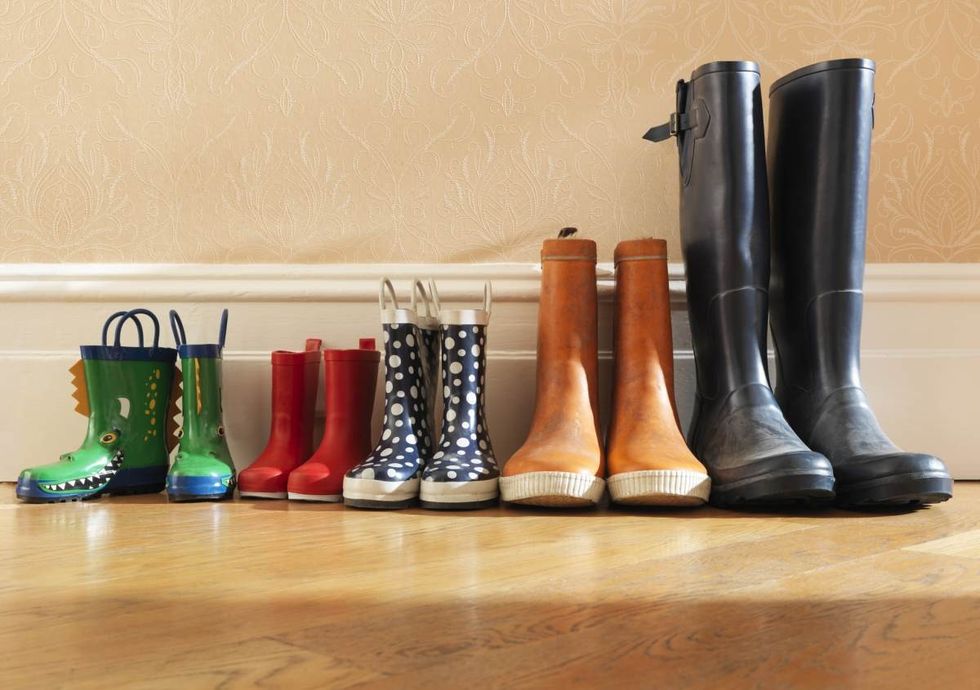
Samuel “Sam” Vimes is a fictional character from Pratchett’s "Discworld" series. Vimes is a captain of a fictional town “Ankh-Morpork City” and is depicted to be an alcoholic who has given up hope of making a difference in the city. Eventually, the character comes across a dwarf named Carrot who helps him rise from the ashes. Synchronizing with Vimes’ experience of poverty, in his 1993 novel “Men at Arms,” Pratchett lays out the “Boots Theory” that is reasonable in every way.
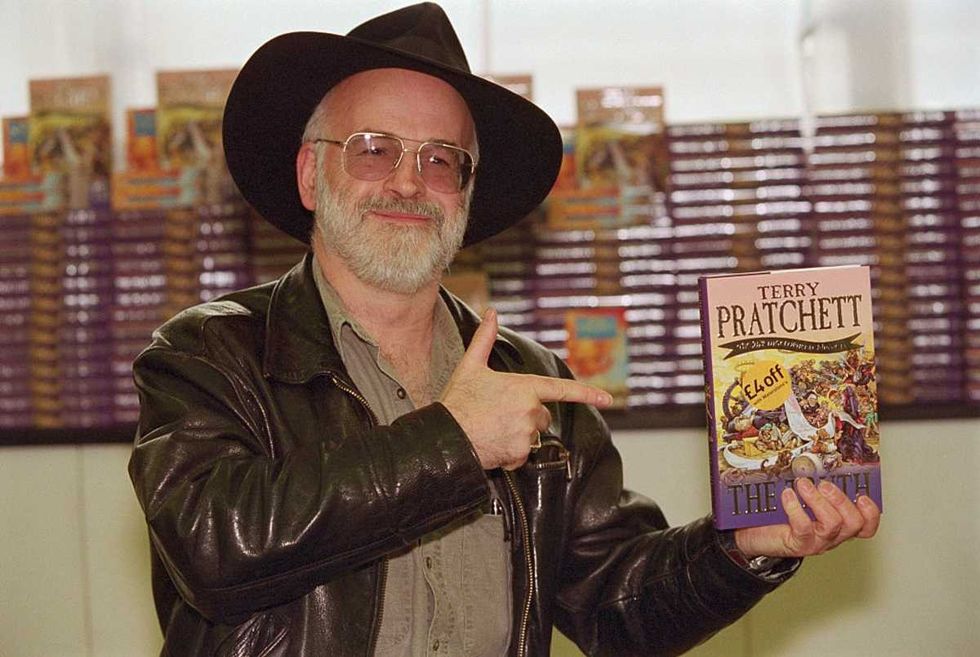
The idea, as Pratchett explained in his book, is about spending more on high-quality products now to save money in the future, rather than buying cheap-quality products now to bear expenses later. “The reason that the rich were so rich, Vimes reasoned, was because they managed to spend less money,” the first post of the thread read.
The example of boots was then introduced. “Take boots, for example. He [Vimes] earned thirty-eight dollars a month plus allowances. A really good pair of leather boots cost fifty dollars. But an affordable pair of boots, which were sort of okay for a season or two and then leaked like hell when the cardboard gave out, cost about ten dollars. Those were the kind of boots Vimes always bought and wore until the soles were so thin that he could tell where he was in Ankh-Morpork on a foggy night by the feel of the cobbles.”
The results of buying good and bad quality boots were then laid out. “The thing was that good boots lasted for years and years. A man who could afford fifty dollars had a pair of boots that’d still be keeping his feet dry in ten years, while a poor man who could only afford cheap boots would have spent a hundred dollars on boots at the same time and would still have wet feet.” The example aptly explains how sometimes it can be so expensive to be poor.
Given its practical significance, the 'Boots Theory' is here to stay for the future. Reactor Magazine reported in 2022 that Pratchett gave Jack Monroe, a UK writer, permission to use Vimes’ name for the “Vimes Boots Index,” a price index that will track the “insidiously creeping prices of the most basic versions of essential items at the supermarket.”
Speaking to The Guardian, Pratchett’s daughter Rhianna Pratchett said that her father used his anger about inequality to help the moral core of his work. Sam Vimes was an illustration of this. He railed through the injustices to rise from poverty to riches. “Vimes’s musing on how expensive it is to be poor via the cost of boots was a razor-sharp evaluation of socio-economic unfairness,” Rhianna said, “And one that’s all too pertinent today, where our most vulnerable so often bear the brunt of austerity measures and are cast adrift from protection and empathy. Whilst we don’t have Vimes anymore, we do have Jack, and Dad would be proud to see his work used in such a way.”
This story originally appeared three years ago.



















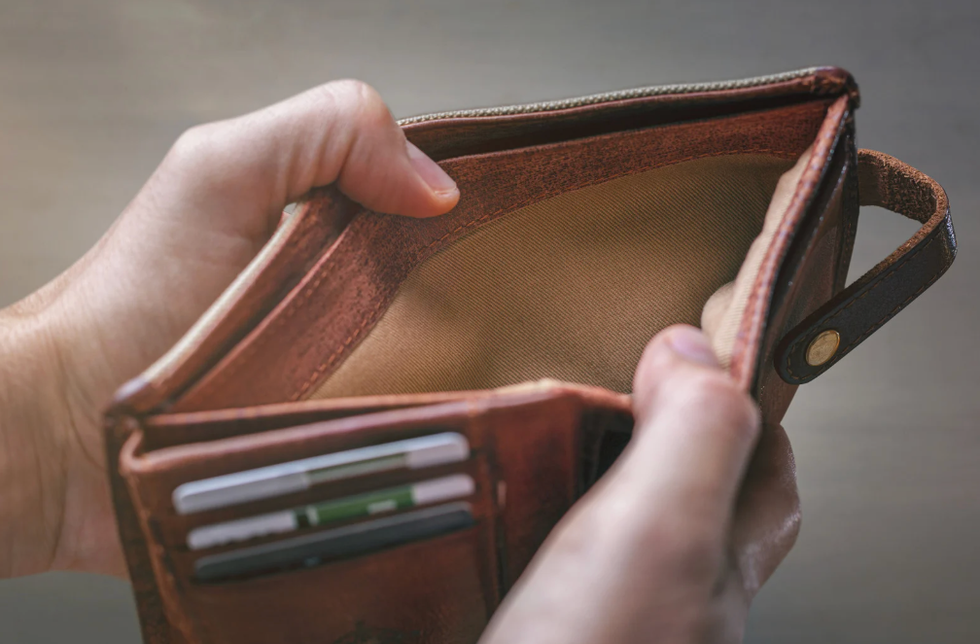 Take home pay is becoming less and less as expenses rise year after year.Photo credit: Canva
Take home pay is becoming less and less as expenses rise year after year.Photo credit: Canva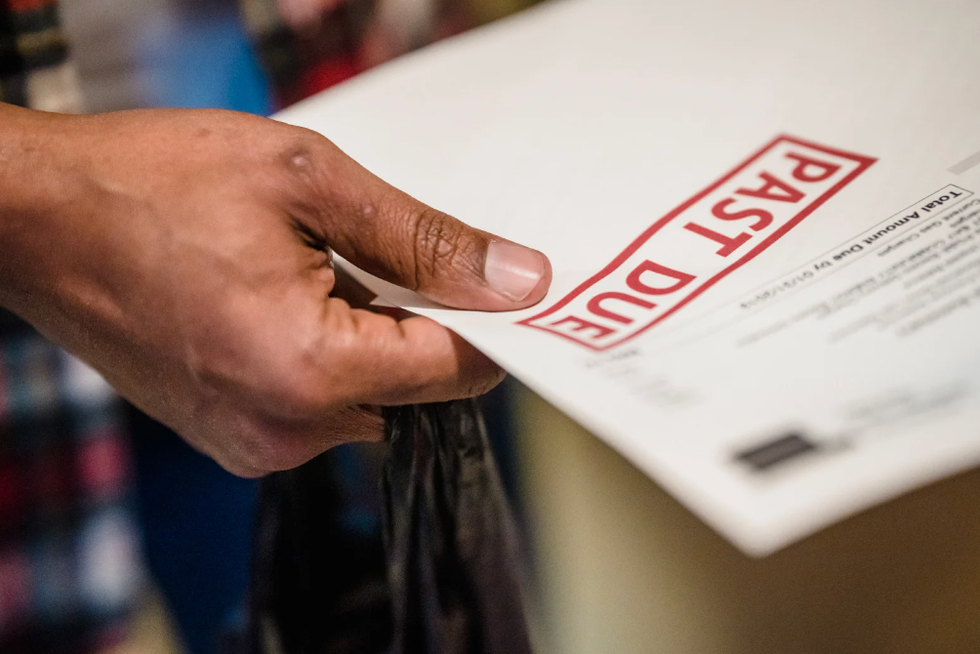 Making bill payments gets harder each year.Photo credit: Canva
Making bill payments gets harder each year.Photo credit: Canva


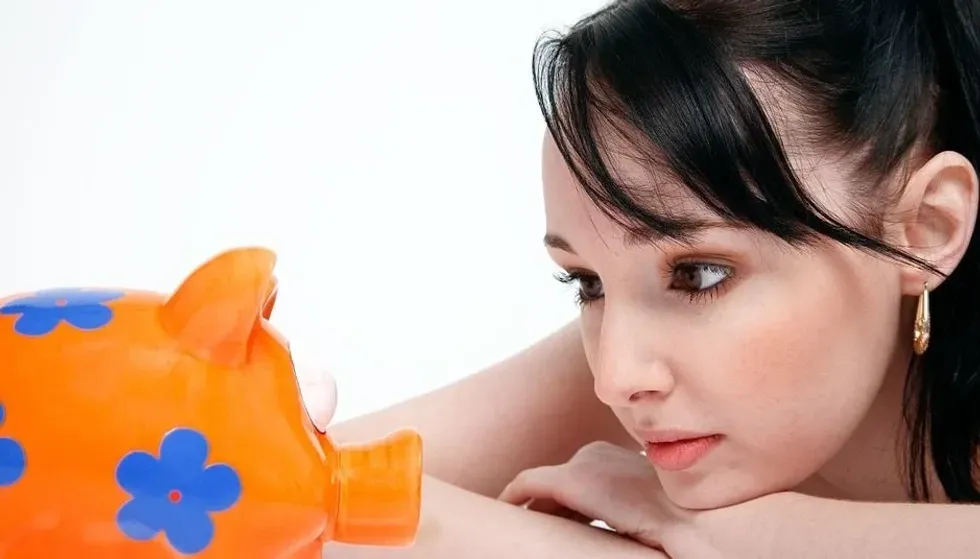

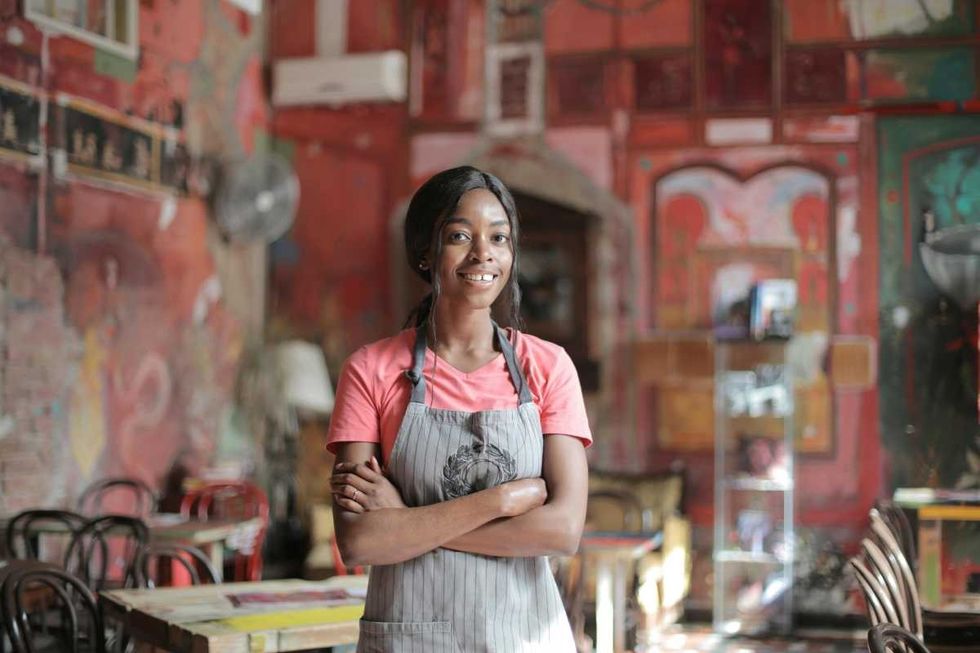 Representative Image Source: Pexels | Olly
Representative Image Source: Pexels | Olly Representative Image Source: Pexels | Pixabay
Representative Image Source: Pexels | Pixabay Representative Image Source: Pexels | Cottonbro
Representative Image Source: Pexels | Cottonbro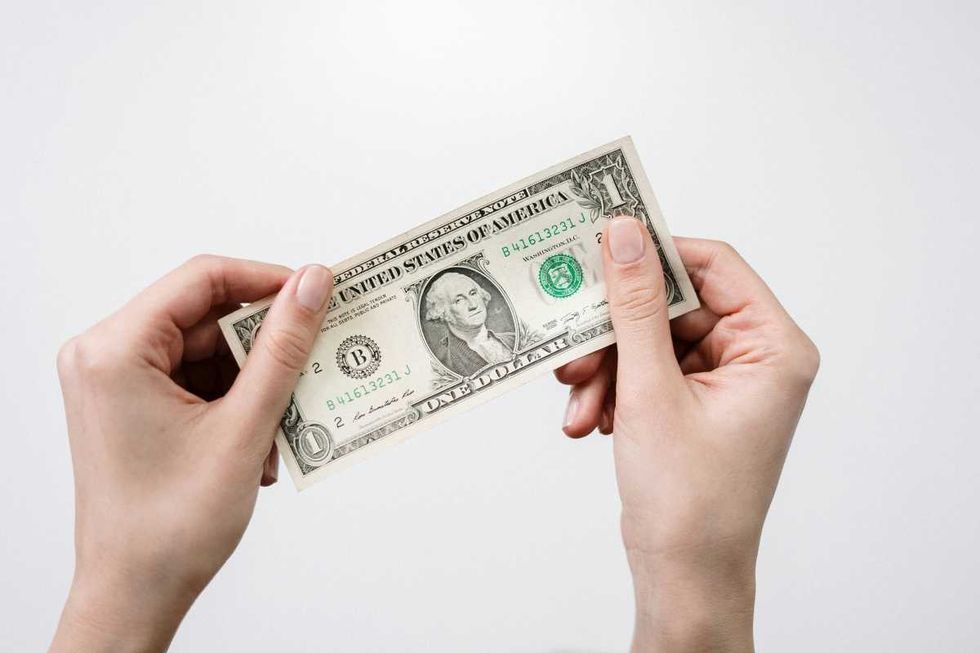 Representative Image Source: Pexels | Cottonbro
Representative Image Source: Pexels | Cottonbro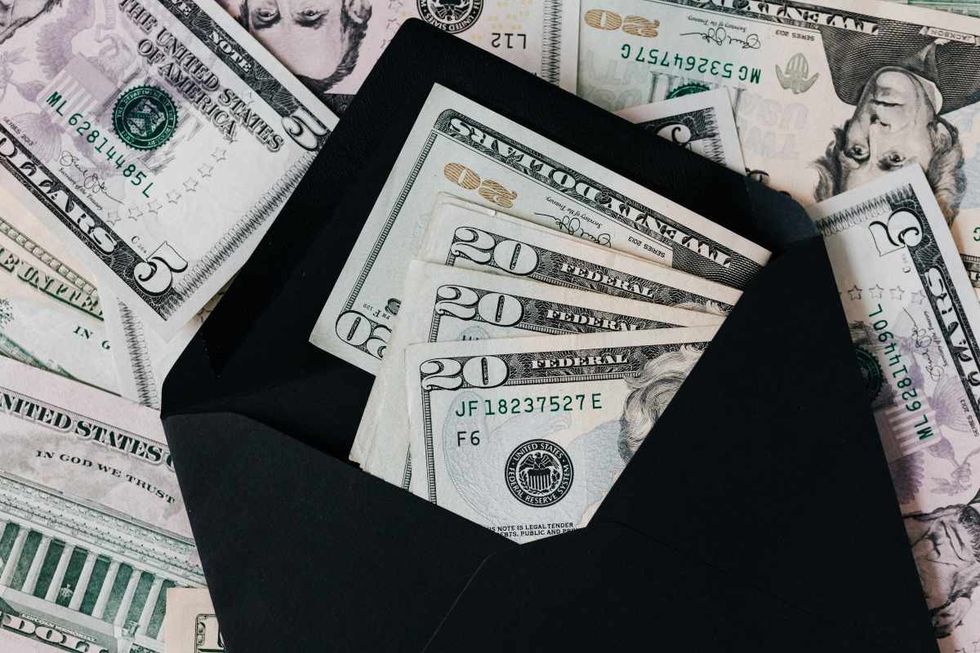 Representative Image Source: Pexels | Karolina Grabowska
Representative Image Source: Pexels | Karolina Grabowska Representative Image Source: Pexels | Jonathan Borba
Representative Image Source: Pexels | Jonathan Borba Image Source: Reddit |
Image Source: Reddit |  Image Source: Reddit |
Image Source: Reddit |  Image Source: Reddit |
Image Source: Reddit | 
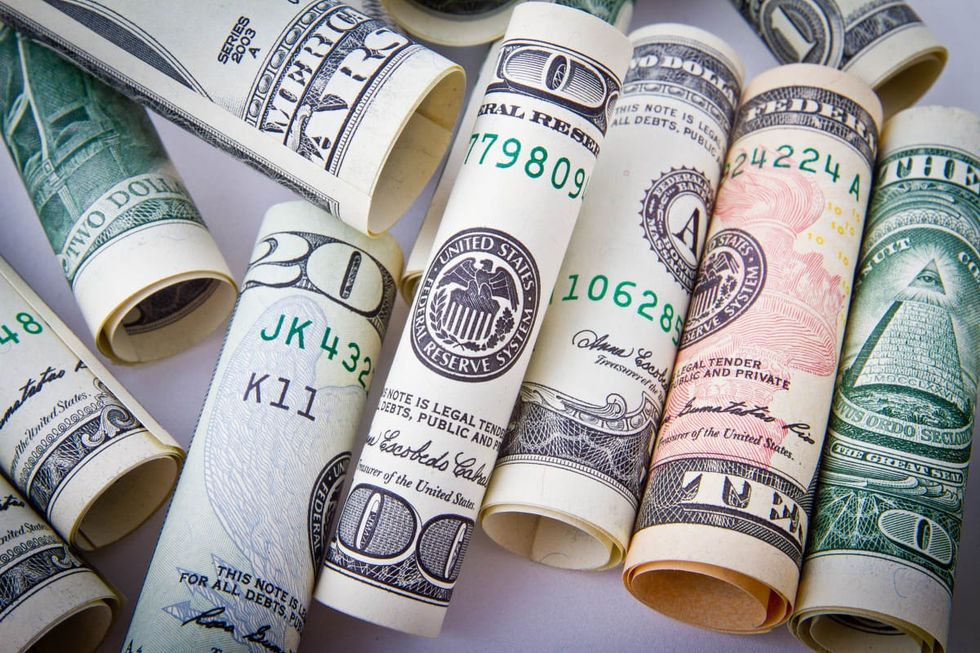 Representative Image Source: Pexels | Pixabay
Representative Image Source: Pexels | Pixabay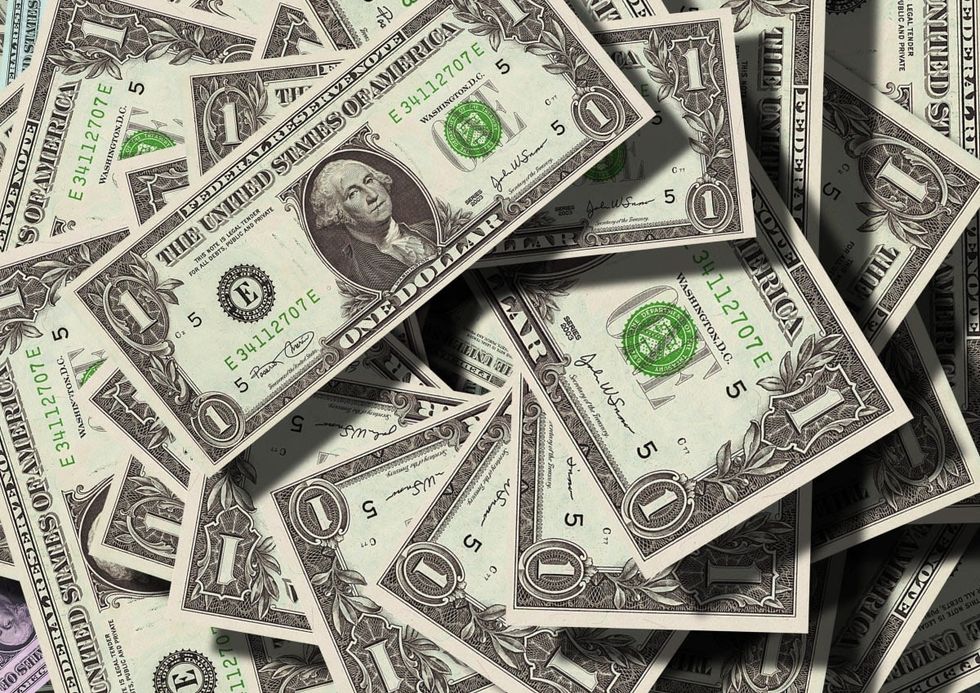 Representative Image Source: Pexels | Pixabay
Representative Image Source: Pexels | Pixabay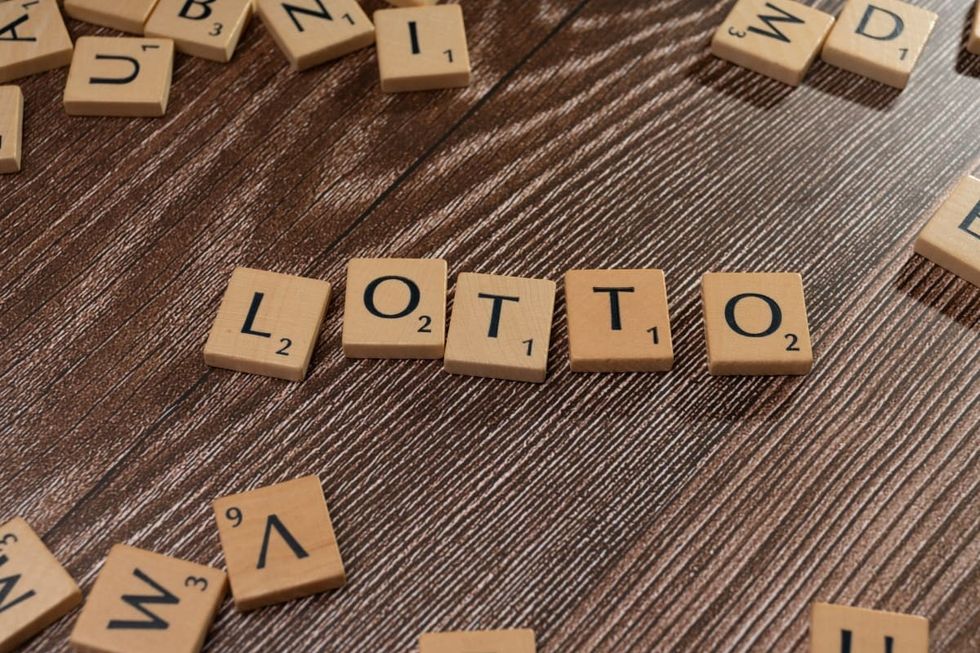 Representative Image Source: Pexels | markus winkler
Representative Image Source: Pexels | markus winkler